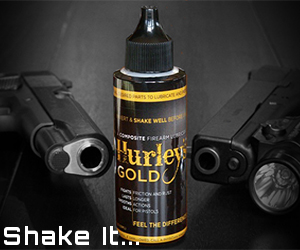Hey guys,
Wondering what you recommend for desiccant packet sizes (grams) to put into ammo cans with ammo? Some cans will have loose rounds, others will still be in boxes.
I also came across this on Amazon. Amazon.com: Stack-On SPAD-100 Wireless Rechargeable Dehumidifier for Stack-On Long-Gun Safes: Home Improvement - My safe is not currently in a place with high humidity as it stands, but better safe than sorry I say, and who knows if I'll always have it in a place like that in the future. Was curious what y'all recommend.
Josh
Wondering what you recommend for desiccant packet sizes (grams) to put into ammo cans with ammo? Some cans will have loose rounds, others will still be in boxes.
I also came across this on Amazon. Amazon.com: Stack-On SPAD-100 Wireless Rechargeable Dehumidifier for Stack-On Long-Gun Safes: Home Improvement - My safe is not currently in a place with high humidity as it stands, but better safe than sorry I say, and who knows if I'll always have it in a place like that in the future. Was curious what y'all recommend.
Josh






